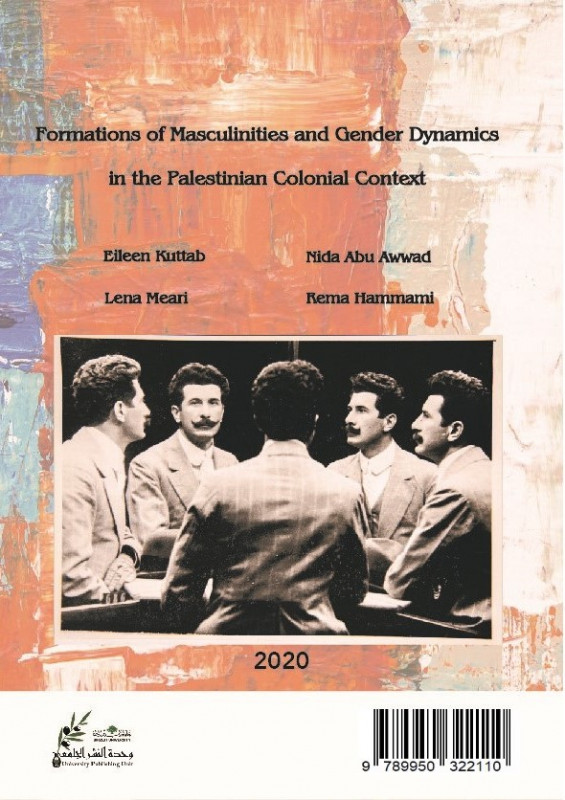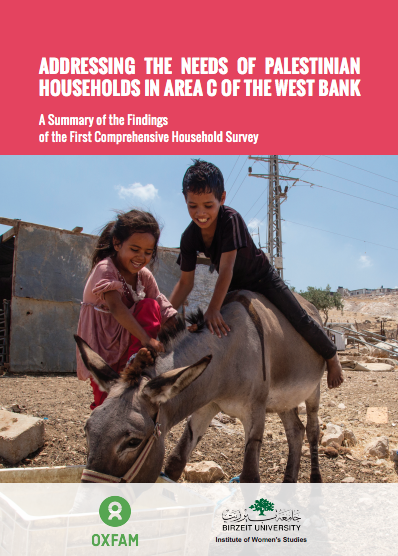Year: 2025
Author- Balqees Shaheen
Supervisor: Rema Hammami
Discussion Committee: Amirah Silmi & Sama Dawani
Abstract:
This study examines Palestinian women’s participation in weight training, focusing on how socio-political gender norms, media representations, and colonial realities influence their engagement in strength sports. Using a Grounded Theory methodology, the research explores the negotiation of women’s bodily agency, societal expectations related to gender, and structural barriers that shape their experiences. Findings reveal that weight training serves as both a site of personal agency and a space of complex social negotiation, where women must balance their fitness goals with culturally ingrained ideals of femininity and social propriety.
Through extensive interviews and participant observations, this study identifies key themes including social validation, digital fitness cultures, and the impact of colonial legacies on body image. It also examines broader structural constraints linked to the settler-colonial context, such as mobility restrictions, economic instability, and limited access to appropriate sports facilities. While engagement in weight training promotes women’s self-confidence, resilience, and a sense of empowerment, their practice remains constrained by multiple dominant beauty standards, societal expectations, and restricted access to welcoming fitness spaces. By highlighting these dynamics, the research contributes to feminist and postcolonial studies on women, the body, and sports, offering nuanced insights into how physical culture intersects with gender, power, and coloniality. The study further advocates for increased representation, policy reforms, and expanded accessibility for women in sports, aiming to inform both academic discourse and practical interventions in gender-sensitive sports programming.
Keywords: Palestinian women, weight training, gender norms, agency, colonialism, body image, feminist theory, Grounded Theory, sports, media influence
Download



